“Don’t misunderstand me,” Twistunder said, carefully articulating each word. He was perched on a rock about the same size as his human friend’s head and the cold was seeping into his gripping appendages. He dearly looked forward to the time when their friendship advanced to the state that he could ask to actually sit on the blessedly warm head. “It is not that I do not find the sky…oh…that was a double negative…I do find…is a double positive better?”
The Undulate sensed that his human companion was giving him a disapproving glare. At least Twistunder thought Bryant was glaring at him. Bryant’s facial positioning clearly indicated displeasure but it was always hard to tell which direction a human’s bipedal form was indicating. Twistunder considered his options and remembered that they were off duty.
“My apologies,” Twistunder said, reaching over to pat Bryant’s arm with a gripping appendage. “You are resting. I will stop asking questions.”
“Questions are fine,” Bryant said, leaning back to rest his head on his arm and focusing on the northern sky again. “Just not about grammar.”
“Why do you consider that particular part of the sky,” Twistunder lifted both of his gripping appendages in what humans called ‘air quotes’ and his people called intensifiers, “more beautiful than any other? “
“The aurora Twist!” Bryant exclaimed gesturing toward the north with one hand. “Just look at it. Red, pink, blue, green, all the colors now.”
Twistunder focused as hard on his photoreceptors as he could, spreading his motile appendages to catch more of the heavenly light. After a moment his mass overwhelmed the gripping power of the few appendages he had left gripping the cold, hard rock. He swayed and latched onto the rock again.
“I suppose the unusually organized patterned behavior is somewhat novel,” Twistunder admitted. “It is rare to see such large effects other than due to the solar winds.”
Bryant frowned thoughtfully and twisted his head over to look at the Undulate again. “So we agree that the sky is beautiful, but you don’t think that the aurora looks any more beautiful than the rest of the sky?”
“Indeed,” Twistunder said, making sure to shrug the appendages analogous to his shoulders.
“But we see color the same right?” Bryant asked. “I mean you recognize black, white, and the three main colors.”
“Correct,” Twistunder replied. “I greatly enjoyed the dot charts your universities shared with us.”
“But you think that plain black and white is just as beautiful as all that color?” Bryant asked, waving to the north again.
Twistunder refocused on the night sky in mild confusion. The swirling atmospheric colors, pricked by the many-toned stars, created the usual near infinite color pallet, that sense of divine depth, that was washed out in the burning light of daystars.
“The night sky bleeds with every color of the coral,” Twistunder quoted the old children’s poem.
Bryant stared at him and a shocked look spread across his face, closely followed by a look of giddy expectation.
“You see the night sky in all the colors?” He asked.
“And you only see it as black and white,” Twistunder replied, realization dawning. “That is why the aurora phenomenon is so valuable to you.”
“The xeno-biologists must have missed this somehow,” Bryant said with a grin.
“Well our species did only meet recently,” Twistunder replied.
“Hey,” Bryant sat up and held out his hands to Twistunder. “Let’s get back to the base and write this up. My contract says I get a bonus for new inter-species discovery.”
To Twistunder’s delight, the moment Bryant’s hands closed around him the human gave an exclamation of displeasure.
“You are freezing Twist. Here, hold onto my head.”
Twistunder gripped the shaved surface in delight as they moved back towards the base. This was a fascinating discovery really. If humans were blind to the colors of the night sky that would cause a stir is several different disciplines and if the discovery fell to the Undulates that would greatly increase their prestige at the University. He examined the glowing stripes that covered the back of the human’s neck with the photo receptors on his gripping appendages. If their sense of color was so limited could they even see their own bioluminescence? That might explain the seemingly random distribution of self depiction pigment in their visual art. He resolved to ask Bryant about it after the human completed his report.
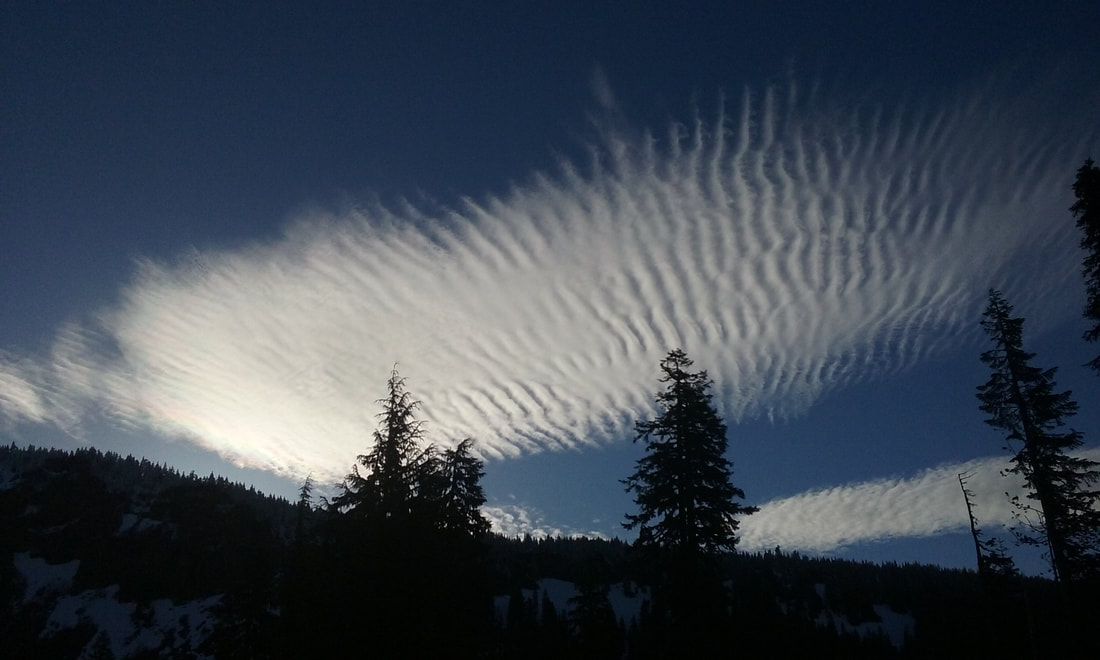
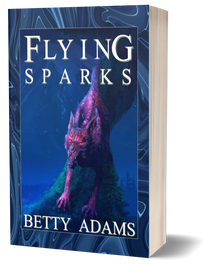
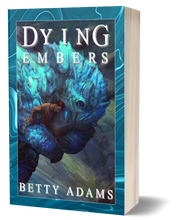
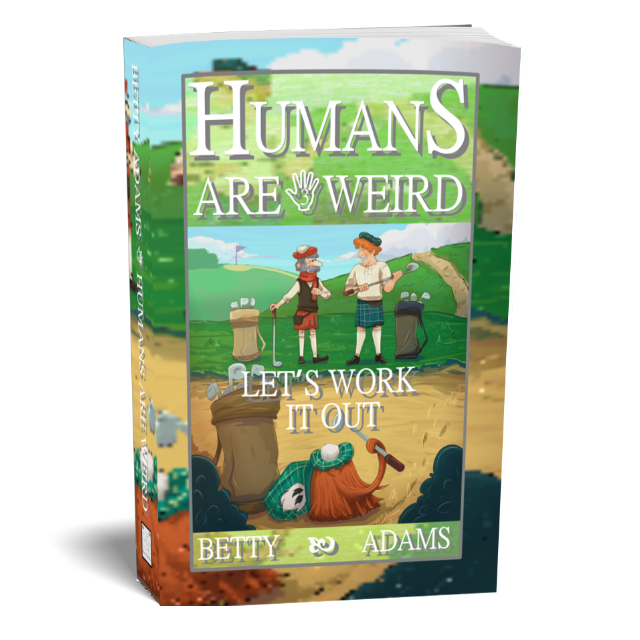
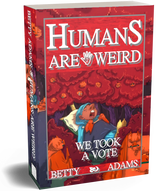
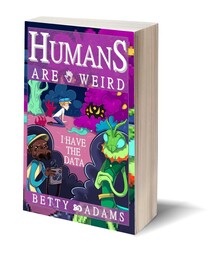
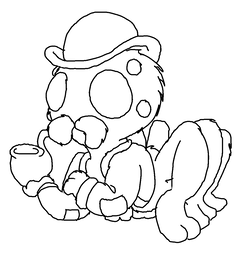
 RSS Feed
RSS Feed


